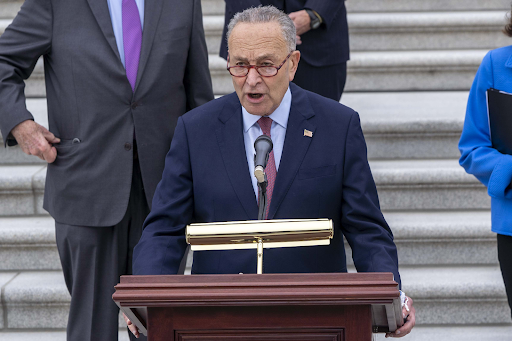In a party known for its discipline, far-right Congresswoman Marjorie Taylor Greene cast one of the loneliest votes this week by breaking from her Republican colleagues to back negotiations on the Democratic healthcare demands. While her solitary stance has not changed the shutdown’s trajectory, it represents a notable crack in the otherwise solid wall of GOP opposition.
Greene’s position is surprising, given her reputation as a hardline conservative who typically opposes the Affordable Care Act (ACA). Her call for negotiations on the tax credits suggests that the political calculus, at least for her, is shifting. It may indicate a belief that a prolonged shutdown is more damaging to the Republican brand than a tactical concession on healthcare.
However, the impact of her defection has so far been negligible. In the days following her statement, no other Republicans have publicly joined her. The party leadership, under Speaker Mike Johnson, has maintained its rigid stance, and the failed Senate votes on Wednesday proceeded along strict party lines.
This highlights the limits of an individual member’s influence in a hyper-partisan environment. Greene’s move was a high-profile defection, but without followers, it remains an isolated event rather than the start of a rebellion. It suggests that the rest of the Republican conference is either in agreement with Johnson’s strategy or is unwilling to challenge it publicly.
Greene’s lonely vote is a fascinating footnote in the shutdown saga. It reveals that the GOP’s unity may not be as monolithic as it appears, but it also demonstrates the immense power of party leadership to enforce a strategy, even when its own members begin to have doubts.


